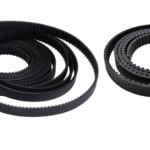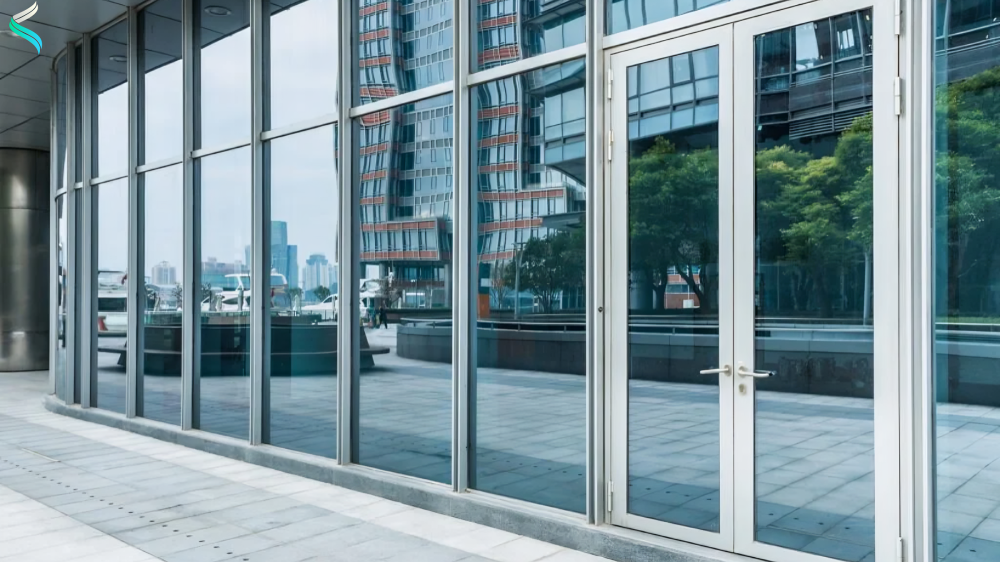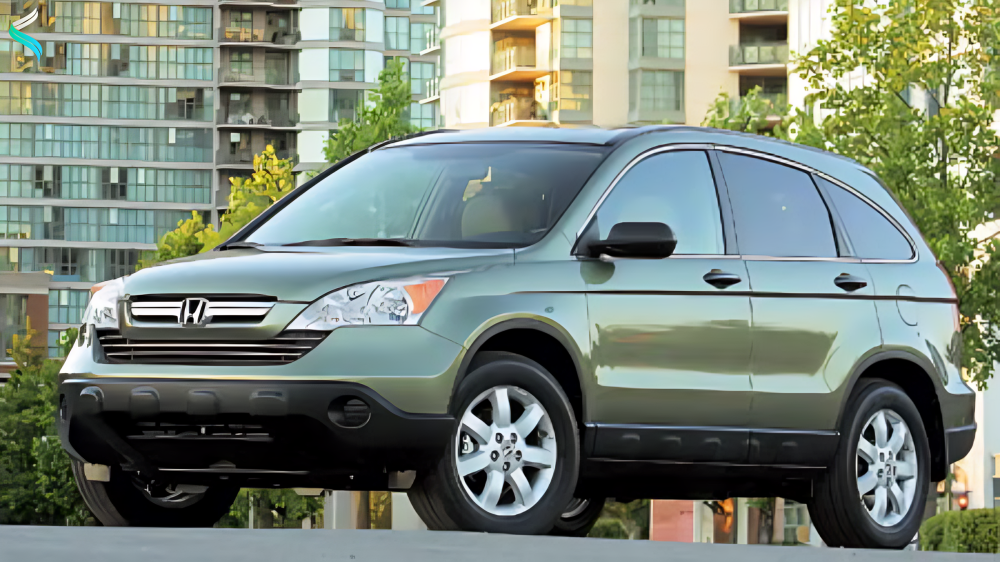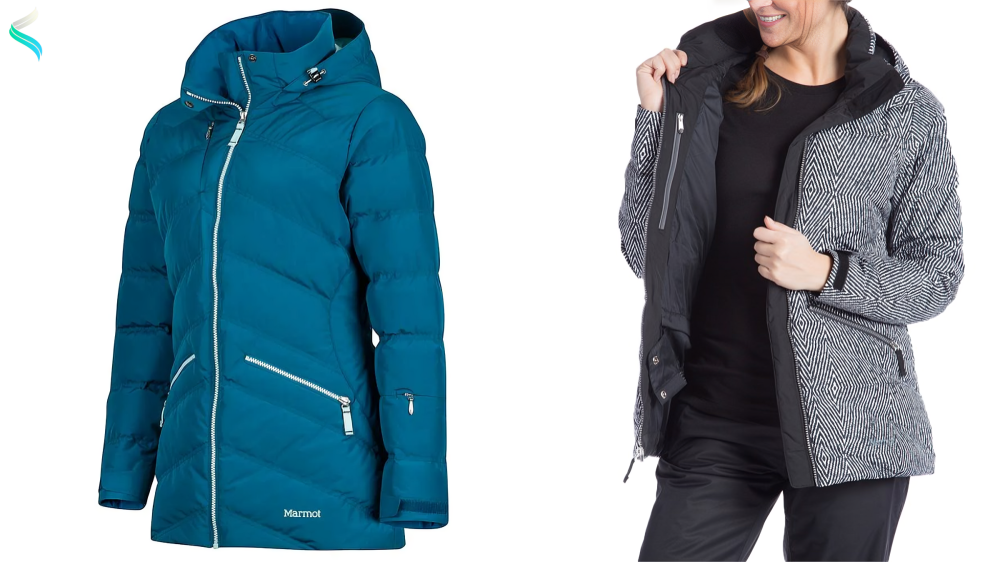When it comes to selecting the right materials for your business or commercial property, few choices are as crucial as glass. Commercial glass plays an important role in both the esthetics and functionality of a building. From large glass windows to decorative glass partitions, the right type of glass can improve the look of a building while providing practical benefits, such as energy efficiency and privacy. In this ultimate guide, we will explore everything you need to know about choosing the right commercial glass, ensuring that you make an informed decision that meets your business needs and goals.
Understanding Commercial Glass
Commercial glass refers to glass products used in various commercial properties, including office buildings, restaurants, hospitals, and retail stores. Commercial glass is specially designed to meet the unique demands of business environments. Unlike residential glass, it often needs to meet strict building codes and regulations, while also offering superior durability, security, and performance.
The types of commercial glass available are vast, ranging from structural glass panels to aesthetic and decorative glass elements. Before you choose which type is right for your project, it’s essential to understand the different categories of commercial glass and their applications.
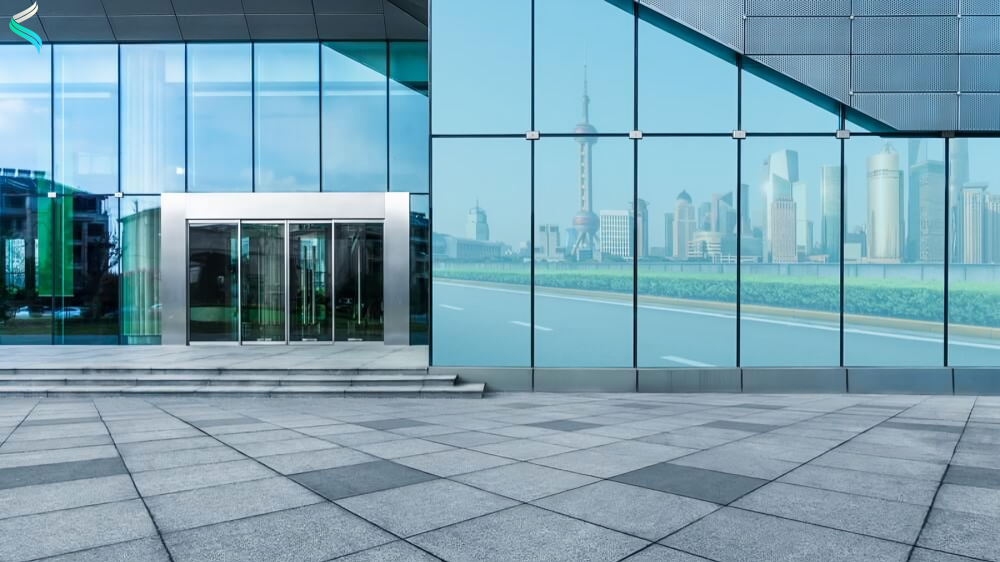
Types of Commercial Glass
Tempered Glass
One of the most popular choices for commercial glass applications is tempered glass. Tempered glass is warmth-handled to increase its energy. It’s up to four times stronger than regular glass and is designed to break into small, rounded pieces rather than large, sharp shards if it shatters. This makes it an excellent option for storefronts, glass doors, and windows in high-traffic areas.
Laminated Glass
Laminated glass consists of two or more glass layers bonded together with a plastic interlayer. This kind of glass offers greater security and soundproofing. It is also UV-resistant and can be made to withstand heavy impacts, which is why it’s frequently used in commercial spaces like airports, banks, and schools.
Insulated Glass
Insulated glass, often referred to as double glazing, is made by sandwiching a layer of air or gas between two panes of glass. This design helps improve thermal insulation, reducing energy costs by preventing heat transfer. It’s an excellent choice for office buildings, commercial complexes, and other spaces where energy efficiency is important.
Low-E Glass
Low-emissivity (Low-E) glass is coated with a thin steel layer that displays infrared light while allowing visible mild to bypass via. This helps regulate indoor temperatures by reducing heat gain during hot weather and retaining warmth in colder climates. Low-E glass is ideal for commercial buildings where climate control is important for both comfort and energy savings.
Decorative Glass
Decorative glass, including etched, frosted, and colored glass, is often used in commercial spaces to add an aesthetic appeal. It can be used for partitions, windows, or even doors to create a visually striking design that aligns with the brand or decor of the business.
Security Glass
For businesses in areas with higher security risks, security glass offers an added layer of protection. It is often laminated or tempered for impact resistance and can also be bullet-resistant depending on the required level of security. It’s commonly used in high-risk locations such as government buildings, financial institutions, and retail stores in crime-prone areas.
Fire-Rated Glass
Fire-rated glass is engineered to withstand excessive temperatures and prevent the spread of health. It’s an essential component in commercial buildings, especially in areas like stairwells, fire exits, and emergency doors. Fire-rated commercial glass helps maintain fire safety and complies with building codes.
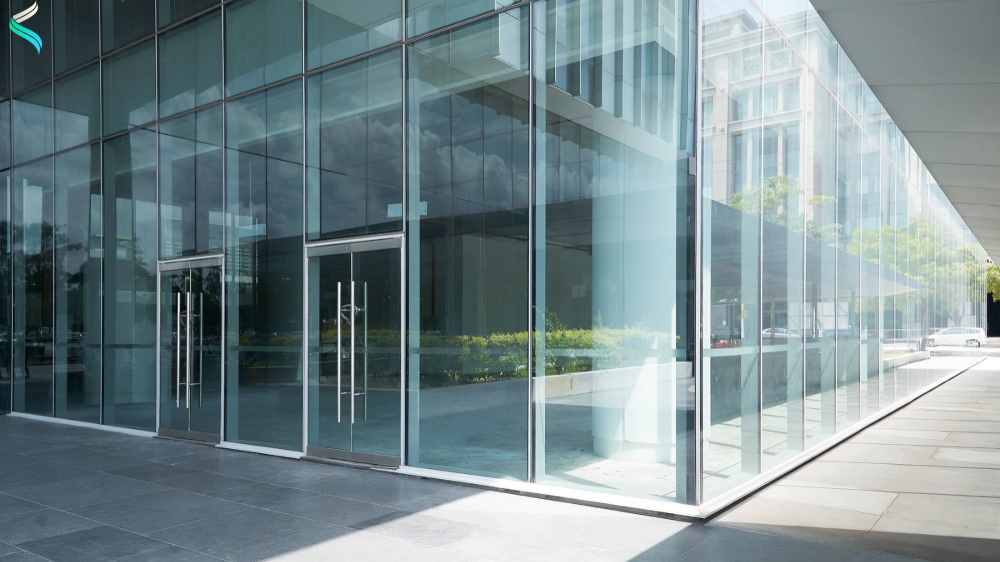
Factors to Consider When Choosing Commercial Glass
When selecting commercial glass for your building or business, there are several factors to consider. These factors will help you choose the right type of glass that fits your needs and budget.
Energy Efficiency
Energy efficiency is a top priority for many businesses, as it directly impacts operating costs. Opting for insulated or Low-E commercial glass can reduce the need for artificial heating and cooling, leading to lower utility bills. Commercial glass designed for energy efficiency is especially important in regions with extreme climates. Additionally, energy-green glass can make a contribution to inexperienced constructing certifications along with LEED (Leadership in Energy and Environmental Design).
Security Needs
Depending on the character of your enterprise, protection may be a primary subject. For businesses located in high-crime areas or where sensitive materials are handled, commercial security glass offers added protection. This type of glass is designed to resist impact and can prevent intruders from breaking in easily. Consider laminated, tempered, or bullet-resistant glass for your security needs.
Aesthetic Appeal
The appearance of your construction performs a giant role in your enterprise’s first impact. Choosing the right commercial glass can enhance the architectural appeal of your property, making it look modern, sleek, and stylish. Decorative glass options such as etched glass or colored glass can be used to create a customized look that reflects your brand identity.
Safety and Durability
Commercial spaces experience high foot traffic, which means that the glass used should be durable and safe. Tempered commercial glass is a great choice for applications where breakage risk is high, such as glass doors and windows. Laminated glass is another option that provides enhanced durability and safety. Consider the specific safety needs of your space when making your selection.
Noise Reduction
If your commercial space is located in a noisy environment, such as near busy streets or airports, soundproof commercial glass can help create a quieter, more comfortable interior. Laminated and insulated glass options can reduce the amount of sound that enters the building, improving the overall working environment for employees and customers.
Maintenance Requirements
The maintenance of commercial glass is an essential consideration. Some types of glass, such as Low-E glass, are easier to clean and maintain than others. It’s also important to consider the long-term durability of the glass, as certain types, like tempered or laminated glass, are less likely to scratch or stain. Ensure you understand the cleaning and maintenance requirements of your selected glass.
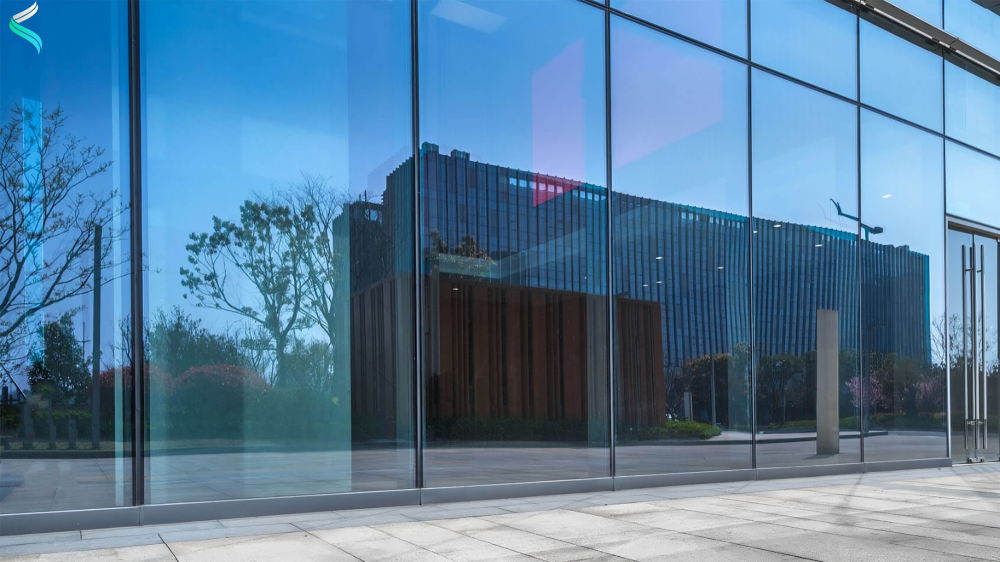
Applications of Commercial Glass
Commercial glass has a wide range of applications across various industries. Here are some common uses:
Storefronts and Windows
Commercial glass is frequently used for storefront windows. A large, clear glass window can attract customers by showcasing products and creating an inviting atmosphere. Insulated glass is typically utilized in storefronts to improve electricity performance.
Partitions and Dividers
Many offices and commercial spaces use commercial glass for interior partitions or dividers. Frosted or etched glass may be used to provide privacy whilst nevertheless allowing natural mild to glide via area.
Building Facades
Glass facades create a sleek and modern look for commercial buildings. These facades may use tempered or insulated glass for strength and thermal performance.
Skylights and roof Glazing
Skylights and roof glazing made from commercial glass allow natural light to flood the interior of a building. This reduces reliance on artificial lighting and contributes to a healthier working environment.
Elevators and Lobbies
Transparent glass is often used in elevators and lobbies to create an open and airy feel. The use of commercial glass in these areas is key to creating a welcoming atmosphere.
Conclusion
Choosing the right commercial glass for your building or business is an important decision that impacts both the functionality and aesthetic appeal of your space. Whether you’re looking for energy efficiency, enhanced security, or a stylish look, the variety of commercial glass options available ensures that you can find the perfect solution to meet your needs. By considering factors like durability, safety, energy efficiency, and design, you can make an informed decision that enhances your commercial property’s performance and appeal.
By investing in the right commercial glass, you’re ensuring the long-term success of your space and creating an environment that promotes comfort, safety, and productivity. Always consult with a professional to assess your specific requirements and help you choose the best glass solution for your commercial property.
More: Reddit
Frequently Asked Questions (FAQs) about Commercial Glass
- What is commercial glass, and how is it specific to residential glass?
- Commercial glass is designed specifically for use in business and commercial spaces, offering features such as increased durability, security, and energy efficiency. It differs from residential glass in terms of its strength, size, and the ability to meet stricter building codes and regulations. Commercial glass is often thicker and made from materials like tempered, laminated, or insulated glass to suit the specific needs of a business, such as high traffic, safety, and performance.
- What are the benefits of using insulated commercial glass?
- Insulated commercial glass, often referred to as double glazing, helps to improve energy efficiency by reducing heat loss and blocking heat gain. This no longer most effective lowers strength bills, but also enhances consolation via regulating indoor temperatures. Insulated glass is an excellent choice for buildings in climates with extreme temperatures or businesses that want to promote sustainability and reduce their environmental impact.
- How does Low-E glass work, and why is it beneficial for commercial buildings?
- Low-E (Low Emissivity) glass has a special coating that reflects infrared light while allowing visible light to pass through. This helps to maintain consistent indoor temperatures by reducing heat gain in summer and retaining warmth during colder months. For commercial buildings, Low-E glass is beneficial because it reduces reliance on HVAC systems, resulting in lower energy consumption, and contributes to a more comfortable and energy-efficient indoor environment.
- What is the distinction between tempered glass and laminated glass?
- Tempered glass is heat-treated to increase its strength and is designed to break into small, rounded pieces if shattered, minimizing the risk of injury. It is ideal for high-traffic areas or places where glass is at risk of breaking, such as glass doors or windows. Laminated glass, then again, consists of one or more layers of glass bonded with a plastic interlayer. It provides additional benefits such as improved security, soundproofing, and impact resistance, making it suitable for windows in areas requiring extra protection, like banks, airports, or hospitals.
- Is it necessary to hire a professional for the installation of commercial glass?
- Yes, installing commercial glass requires expertise to ensure proper fitting, safety, and compliance with building codes. A professional installer will handle all aspects of the installation process, including measuring the space accurately, cutting the glass to fit, and ensuring that the glass is properly secured to avoid accidents. Professional installation also helps maximize the performance of the glass, ensuring it functions as intended for insulation, security, and durability.






